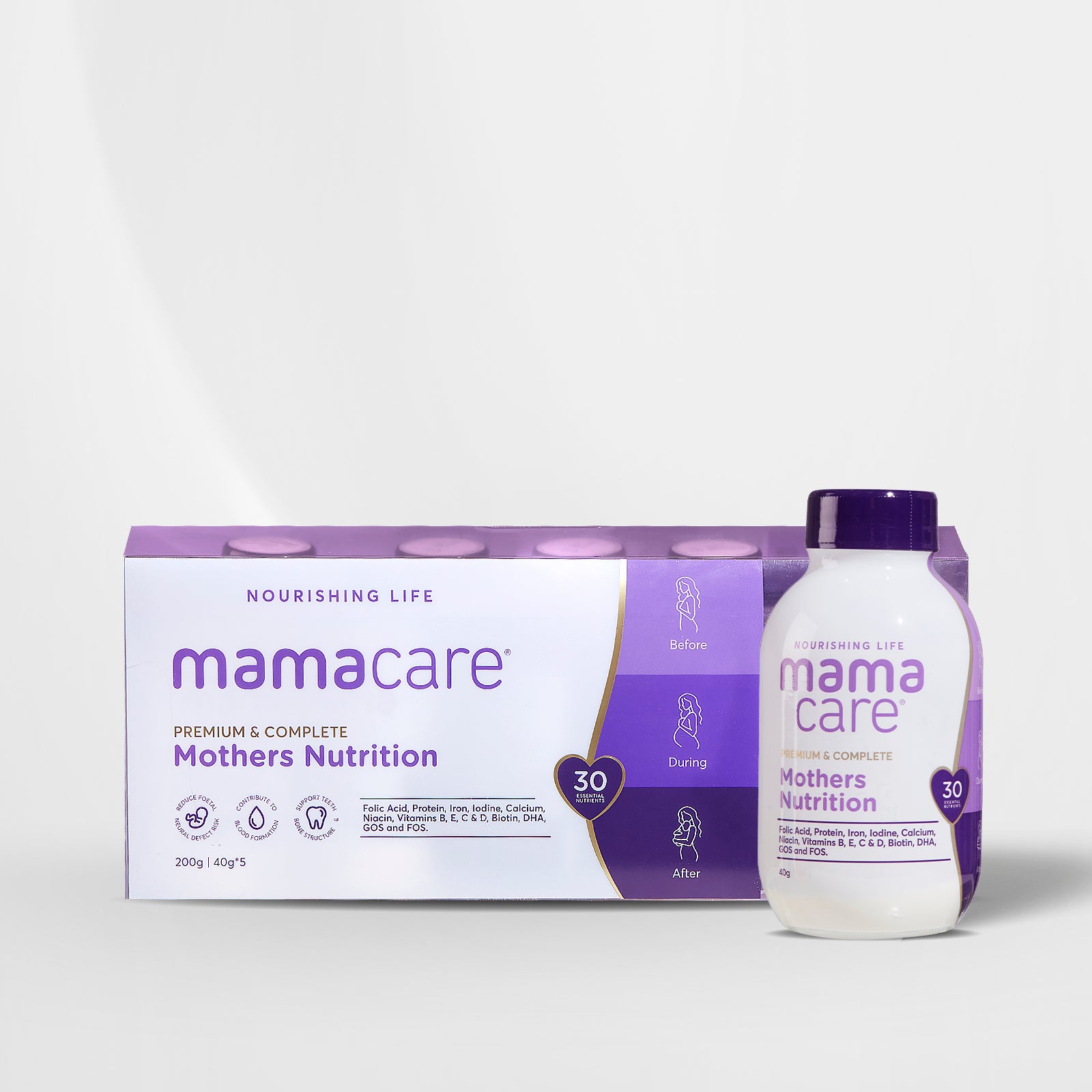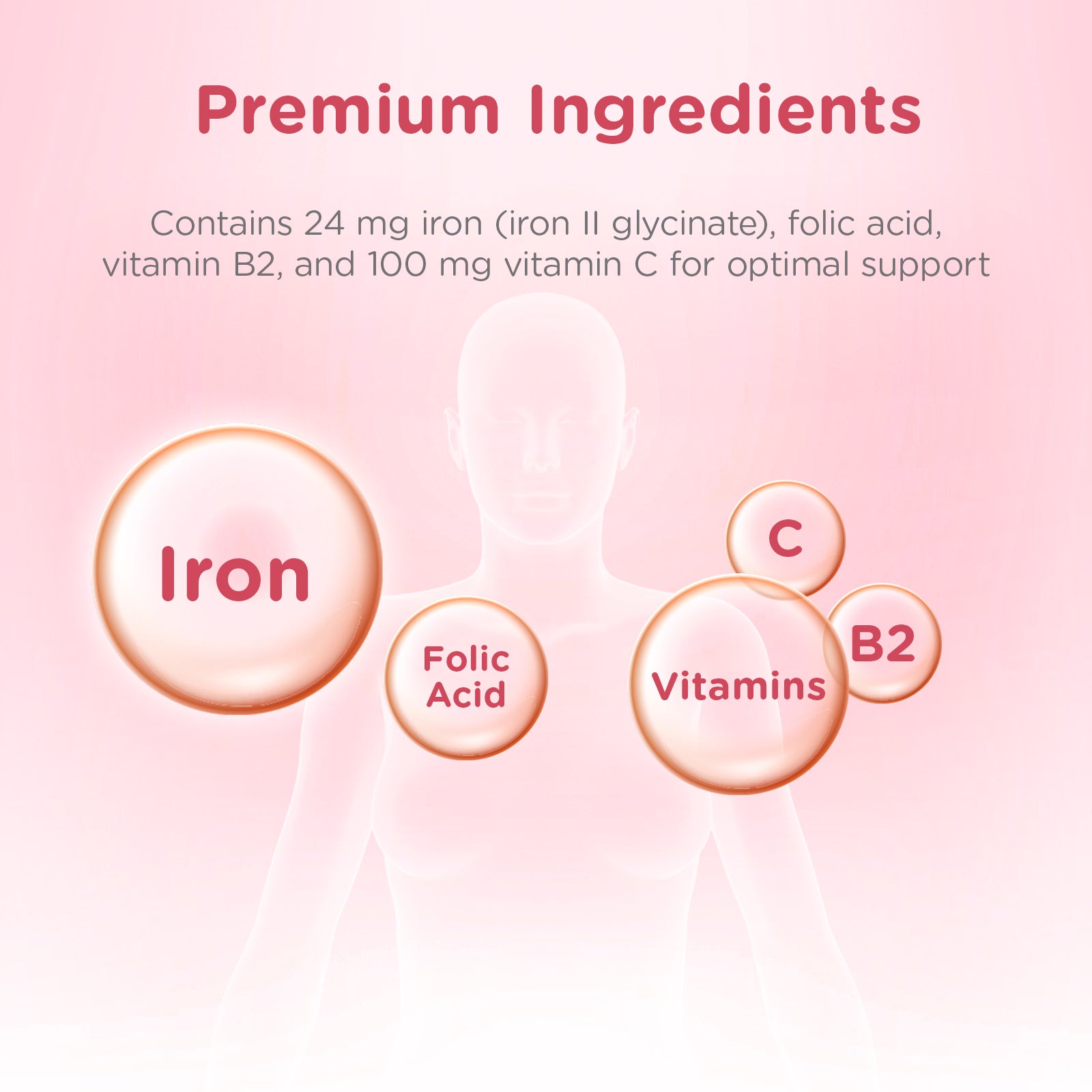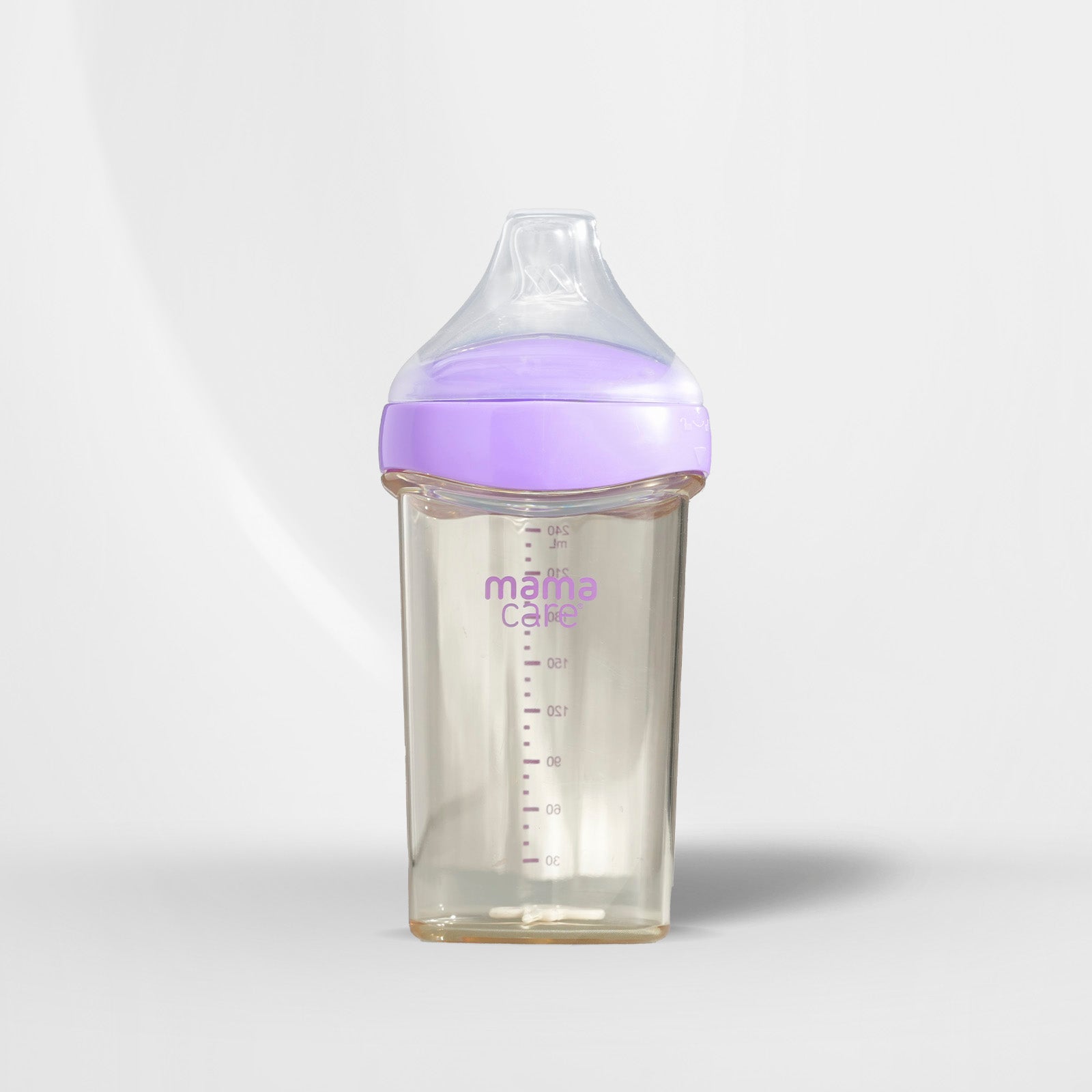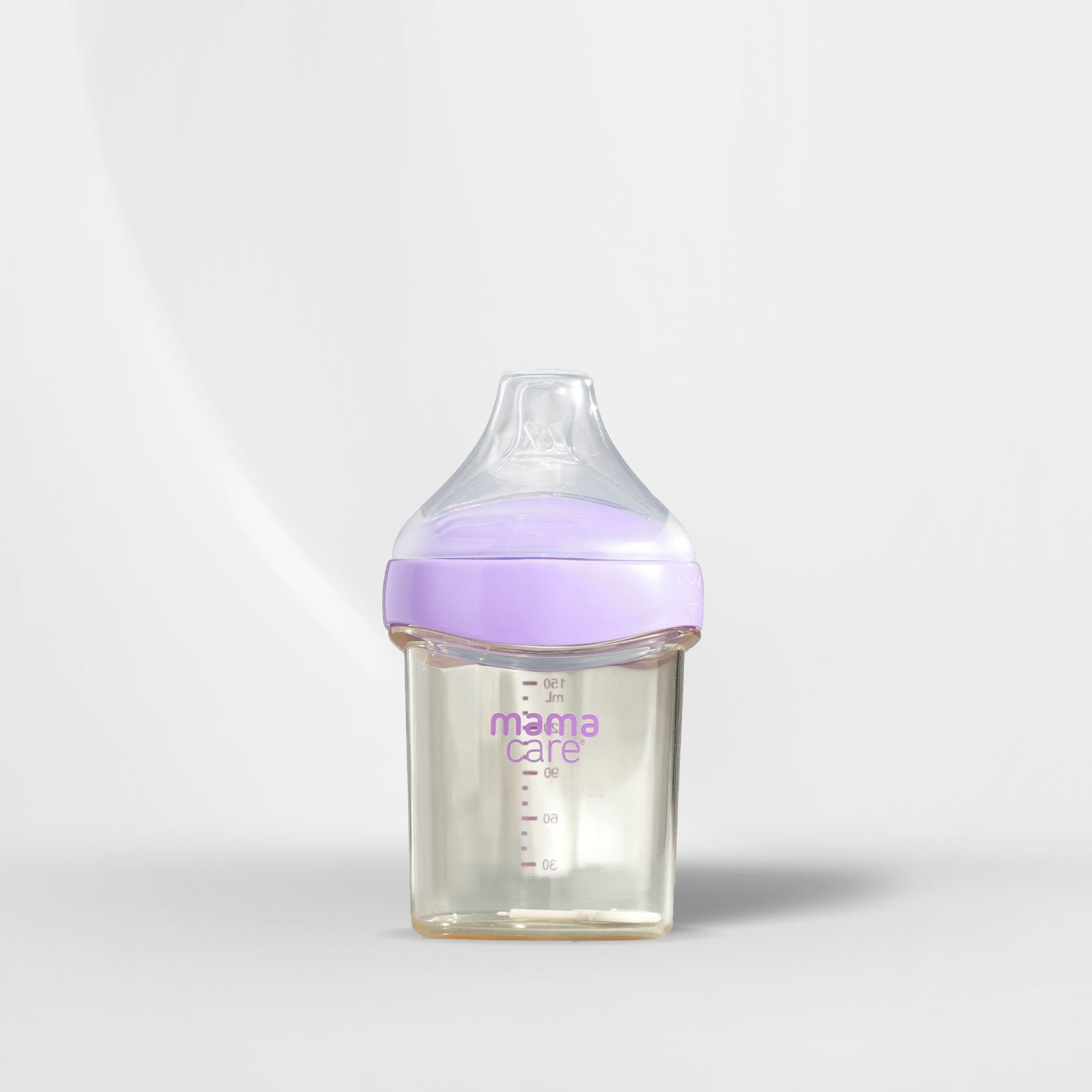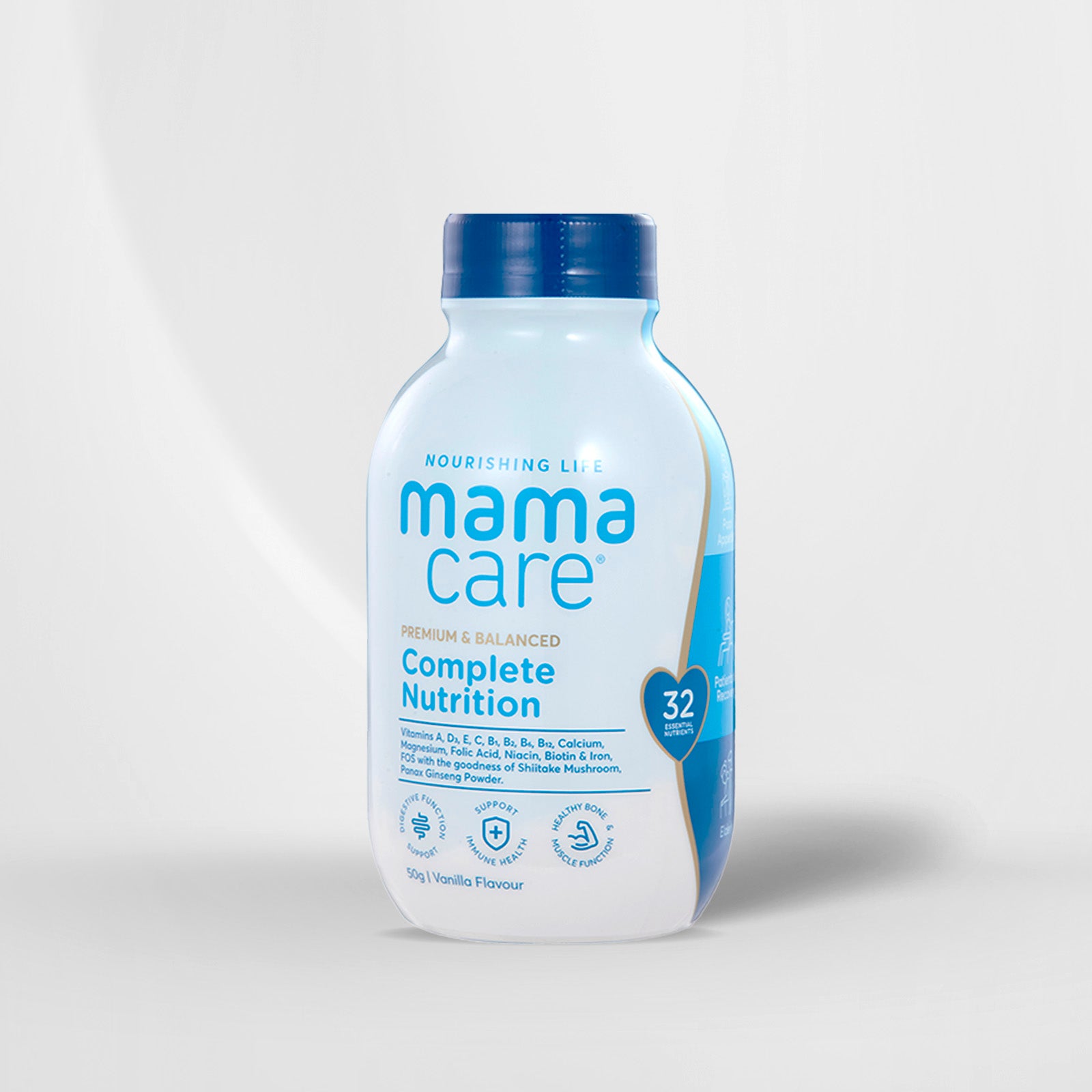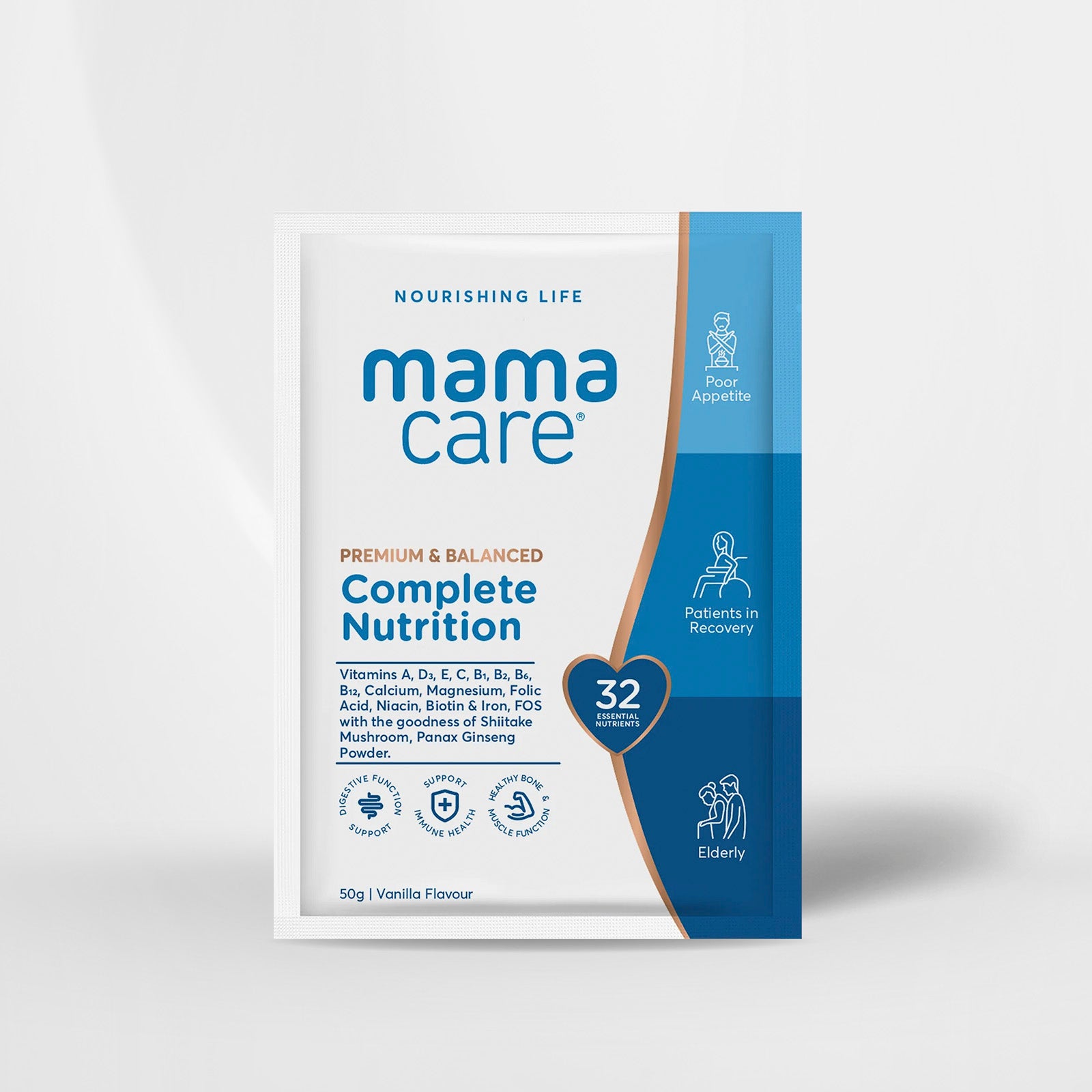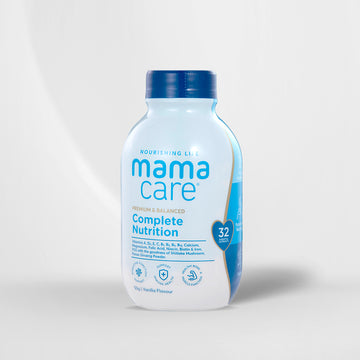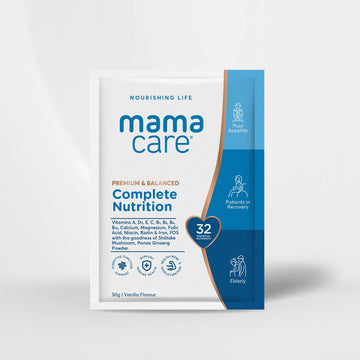



Our Collection
For yourself, mum and friends.
Products
Our promise to you
Expert partnerships, backed by science
Superior, market-leading formulations
Proven results, consumer-tested
Delicious taste, enjoyable experience


Develop evidence-based nutrition with Dr. Beth
Pair text with an image to focus on your chosen product, collection, or blog post. Add details on availability, style, or even provide a review.
Blog posts
8 Optimal Pregnancy Diet for Mothers and Their Babies
Pregnancy is a time of tremendous change, emotionally, physically and dietary. A mother’s diet directly powers your body and helps the baby grow healthy. Figuring out the right way to eat for a baby on board can be very confusing, but these 8-diet foods are a great place to start with the best nutritional supplements for pregnant women. Proper vitamin and mineral intake leads to a healthy pregnancy journey and babies. In this article, we look at eight essential things to include in the perfect pregnancy diet and offer ideas for achieving them so you and your unborn bundle can thrive. Important Nutritional Diet for Pregnant Women 1. Leafy Green Vegetables: The Folate Powerhouses Eat dark green leafy vegetables like spinach and kale. Leafy vegetables are healthy and essential if you are pregnant, because they contain folate. Folate is like the vitamin folic acid. Folate is key early in pregnancy. It helps protect your baby’s brain and spine as they grow. This helps prevent serious problems like spina bifida. Many studies show that getting enough folate works. (Source: PMC) Green veggies offer even more nutrients, such as vitamins A, C, and K, along with calcium, iron, and fibre. These help keep the mother healthy and help her stomach work well during pregnancy. 2. Lean Protein: Building Blocks for Growth Protein is essential for mother and their growing baby. It helps her uterus and breasts grow and build the baby’s brain and body parts. Eat protein foods that don’t have much fat. Good choices are: Chicken and turkey Lean beef (not fatty) Fish (safe kinds for pregnancy) Eggs Beans, peas, and lentils Lean red meat also gives you iron, which boosts your energy from getting tired blood (anaemia). Along with this, eggs are great, and they have choline. Choline helps the baby’s brain grow strong. (Source: PubMed) Try to eat different protein foods each week. This gives your body all the good things it needs from protein. 3. Whole Grains: Sustained Energy and Fibre Eat whole grains like oats, quinoa, brown rice, whole wheat bread, and barley. These foods give your body energy to work. Whole grains also have fibre that supports the digestive system. This is good because getting stuck (constipation) is common when pregnant. Grains also have good things like B vitamins, iron, and magnesium. B vitamins help your body get energy from food. Whole grains are better than white grains (like white bread). They help keep your blood sugar steady. This gives you energy for longer and makes you feel less tired during pregnancy. Eating whole grains is smart. If you take pregnancy vitamins, they work well with these healthy foods. 4. Dairy or Calcium-Rich Alternatives: For Strong Bones and Teeth TYou need more calcium during pregnancy to grow your baby and build strong bones and teeth. This is extra important in the last few months of pregnancy. The best sources of calcium are: Milk Cheese Yogurt Calcium is also vital for the mother’s bones to stay strong. It helps blood, muscles, and nerves work along with the baby’s blood, muscles, and nerves. What if you don’t eat dairy? You can still get calcium. Try these: Plant milks with added calcium (like soy, almond, or oat milk) Tofu (the kind made with calcium) Green leafy vegetables (like kale or bok choy) Almonds You need Vitamin D so your body can use calcium. Get Vitamin D from: Being in the sun safely Foods with added Vitamin D Vitamin pills (supplements) Extra calcium might also help stop a serious sickness in pregnancy called pre-eclampsia. 5. Fatty Fish: Essential Omega-3s (DHA) A growing baby needs good fats called Omega-3s. A fundamental Omega-3 fat is called DHA. DHA helps your baby’s brain and eyes grow the right way. Fatty fish have lots of these good fats. Good fish to eat are: Salmon Mackerel Herring Sardines Try to eat safe fish 2 or 3 times each week. Safe fish means fish that are low in mercury. The baby’s brain uses a lot of DHA near the end of pregnancy. It also uses DHA right after the baby is born. When moms eat DHA, it can help their kids see better later on. Talk to your doctor or nurse. Ask if you need extra Omega-3s. You might need pills or special pregnancy powders with Omega-3s. This is important if you don’t eat fish very often. Always choose fish that are low in mercury. Do NOT eat shark, swordfish, king mackerel, or tilefish. These fish have too much mercury. Mercury is harmful to the baby. 6. Legumes: Plant-Based Powerhouses Eat foods like lentils, beans, peas, chickpeas, soybeans, and peanuts. These are called legumes. Legumes are excellent food. They give you: Protein Fiber Iron Folate Calcium Zinc These foods are extra helpful if you don’t eat meat. But they are suitable for anyone pregnant. The fibre in these foods helps your stomach work well. It helps keep your blood sugar steady. Your body uses iron from plants differently than iron from meat. Iron from plants can be harder to use. So, eat legumes with Vitamin C. Foods like bell peppers or oranges have Vitamin C. This helps your body use the iron from the legumes. These foods are easy to use in meals. You can add them to: Soups Stews Salads Side dishes 7. Colourful Fruits and Vegetables: Vitamins, Minerals, and Antioxidants Eat the rainbow. Since there is a colour choice, the variety of a selection ensures you have a wide variety of dietary essential nutrients (e.g. Vitamin C for immune function and formation of collagen, Vitamin A for vision and cell growth, minerals and antioxidants). Such antioxidants help shield the cells of the mother and foetus from damage. Berries are high in antioxidants and Vitamin C. Oranges have Vitamin C and folate. Sweet potatoes contain beta-carotene (which your body turns into Vitamin A). Make sure you’re eating at least five servings of a variety of fruits and veggies every day. They’re also sources of fibre and hydration 8. Adequate Hydration Drinking water is not just important; it’s an essential need, especially during pregnancy. Water also helps your body make extra blood for pregnancy. Not only this, but also - Water helps your food digest. It makes the fluid that keeps your baby safe. Water moves good things through your body for you and the baby. It helps stop pain or problems. Consequences of not drinking water: If you don’t drink enough water, you might feel tired. You might get headaches. Not having enough water can be bad. It might cause you to have early labour pains. Try to drink 8 to 12 glasses of water each day. Drink more water if it is hot outside, during exercise, and when thirsty. Remember, milk, safe teas, fruits, and vegetables provide water to the body, so you can take these to stay hydrated. Get MamaCare’s Nutritional Supplements for Pregnant Women Eating right every day during pregnancy isn’t always easy. Sometimes, you might need extra help to get all the nutrients you and your baby need. MamaCare’s Mother’s Nutrition is a uniquely suitable supplement for pregnant women. Mother’s Nutrition is a high-quality Australian supplement for all three motherhood stages. It’s designed to support you before you get pregnant, all through your pregnancy, and even after birth while you are breastfeeding. It gives you extra amounts of essential nutrients that you often need more of during this time: Folic Acid: Helps lower the chance of severe congenital disabilities in your baby’s brain and spine. Calcium: Builds your baby’s strong teeth and bones. It also helps keep your bones healthy. Iron: Needed to make healthy blood that carries oxygen. This helps stop you from having low iron levels (anaemia). Omega-3 (DHA): Helps your baby’s brain and eyes develop healthily. Prebiotic Fibres (GOS and FOS): These are added to help your digestion work smoothly and can ease typical tummy troubles during pregnancy. Add 40g of MamaCare powder to 200 ml of room-temperature water. Shake gently until dissolved. Drink immediately. Recommended: 1–2 servings daily. References: Ledet Iii LF, Plaisance CJ, Daniel CP, Wagner MJ, Alvarez I, Burroughs CR, Rieger R, Siddaiah H, Ahmadzadeh S, Shekoohi S, Kaye AD, Varrassi G. Spina Bifida Prevention: A Narrative Review of Folic Acid Supplements for Childbearing Age Women. Cureus. 2024 Jan 26;16(1):e53008. doi: 10.7759/cureus.53008. PMID: 38406082; PMCID: PMC10894015. Zeisel SH. Choline: critical role during fetal development and dietary requirements in adults. Annu Rev Nutr. 2006;26:229-50. doi: 10.1146/annurev.nutr.26.061505.111156. PMID: 16848706; PMCID: PMC2441939.
Learn moreTop 3 Iron Supplements for Women at MamaCare
Iron is essential for women’s health. Women need iron, especially at different times in their lives. Getting enough iron gives you energy and helps you think clearly. It also enables you to have a healthy pregnancy. Many women do not get enough iron just from the food they eat. Women going through periods need additional support to address their iron deficiency. Taking iron supplements can work wonders and help you stay healthy and strong. This guide explains why iron is good for you and shows some good iron pills you can use. Why Iron Supplements Are Essential for Women? Females are at risk of ID because of menstruation, pregnancy and higher need for nutrition. Women’s iron tablets Preventing Anaemia: Consistent consumption reduces the risk of maternal anaemia at term by 70% and anaemia in pregnancy by 57%. (Source: NIH) Improved Physical Performance: It increases maximum oxygen consumption (VO2 max) and decreases heart rate during submaximal exercise. (Source: ResearchGate) Pregnancy Support: Daily consumption of iron during pregnancy is linked to a 19% decrease in the risk of low birth weight. These advantages highlight the relevance of including iron supplements in women’s health. MamaCare’s Best Iron Supplements for Women MamaCare offers pharmaceutical-grade nutritional supplements designed to meet the specific needs of women. Here are some excellent options: 1. Premium Women’s Iron 30 Pcs This is the best iron supplement for pregnant women. It is designed to help women who need an iron boost. It’s a good choice for women experiencing fatigue and going through pregnancy or breastfeeding. Its stomach-friendly formula is designed to help your body when it needs the best help to support iron levels and energy production without unpleasant side effects such as an upset stomach. This makes it one of the favourite iron supplement tablets for women. Benefit: Formulated specially for women’s health, this supplement is made with iron (II) glycinate for better absorption and for being gentle on your system. It contains folic acid to help form red blood cells, vitamin B2 to help in the metabolism of fats, carbohydrates and proteins, and vitamin C, which research has shown improves absorption of non-heme iron. Suitable for: Women who require additional iron support, such as during pregnancy or throughout breastfeeding, or at any time during menstruation, reproductive years or even while experiencing low levels of energy. Ingredients list: Iron (from iron II glycinate): 24 mg Folic Acid: 200 mcg Vitamin B2 (Riboflavin): 1.2 mg Vitamin C (Ascorbic Acid): 100 mg How to take it: You should take one tablet daily with or after a meal. As always, consult a health care practitioner if pregnant or breastfeeding. Store appropriately. 2. Mother’s Nutrition 480g These all-inclusive Australian pharmaceutical grade iron supplement tablets for women are designed by a team of leading Australian dietitians for mothers before, during and after pregnancy. It provides necessary nutrients to promote the mother’s health and the baby’s growth. Key components include folic acid for brain and spinal cord development, Vitamin D for bone health and calcium absorption, and Omega-3 DHA for brain development and the baby’s brain and eye development. It also includes prebiotic fibres (GOS and FOS) to help ease constipation, which could make this the best iron supplement for pregnant women. Benefits: Offers full-spectrum nutrition to support a healthy pregnancy from conception through nursing. It covers supplementing the nutrition deficit that arises from the demand for folic acid, iron, calcium, and DHA, including enough supplements for the health and development of the digestive system for both mother and baby. Suitable for: Women planning pregnancy. Best to start at least 1 month before conception. Pregnant mothers. Breastfeeding or post-natal mothers. Ingredients: Skim Milk Powder Whole Milk Powder Maltodextrin Maltodextrin Calcium Phosphate Dibasic Galacto-Oligosaccharides (GOS) (Note: Contains Ferric Pyrophosphate for iron and Folic Acid) How to use: Mix 40g of powder with 200 ml of room temperature water. Shake lightly until completely dissolved and drink up! Use 1-2 servings a day. 3. Complete Nutrition 500g This Australian-made, pharmaceutical-grade supplement is perfect for those requiring general nutrition to support a demanding lifestyle. It’s packed with 32 essential nutrients, including important vitamins & minerals such as iron, calcium and vitamin D. Plus, it includes Shiitake mushroom & Panax ginseng extracts, known for their possible immune support benefits. Contains additional prebiotic fibre (FOS) for optimal gut health. It is low in calories and can be used for various purposes. Benefits: Promotes healthy growth and development during the formative years in your child’s life. This is a perfect choice for older adults, injured, postoperative, or anyone with poor appetite and involuntary weight loss, as well as for those who need extensive nutrition support for the human body. Suitable for: Elderly individuals require balanced nutrition. Patients in recovery (pre- or post-surgery). Individuals with poor appetite or experiencing involuntary weight loss. Ingredients Included: Corn Starch Sucrose Isolated Whey Protein Powder Fructo-Oligosaccharides (FOS) Calcium Phosphate Dibasic Shiitake Mushroom Powder Panax Ginseng Powder (Note: Contains Ferric Pyrophosphate for iron) How to use: Mix 50g of powder in 200 ml of room-temperature water. Mix well till it dissolves and drink it immediately. A dosage of 1-2 servings daily is recommended. Store properly and use within one month after opening. Choosing MamaCare for Your Iron Needs Selecting the right iron supplements for women depends on individual needs and life stages. MamaCare provides high-quality, targeted options. Whether you require straightforward iron support with the gentle Premium Women’s Iron tablets, comprehensive pre- and post-natal care with Mothers Nutrition, or broader nutritional reinforcement with Complete Nutrition, MamaCare offers meticulously formulated products. Developed to pharmaceutical standards, these supplements aim to support women’s health effectively. Consider the MamaCare range, available at MamaCare Adults Collection, when seeking reliable nutritional support. Consult your healthcare professional to determine the best approach for your iron requirements. References: Guideline: Daily Iron and Folic Acid Supplementation in Pregnant Women. Geneva: World Health Organization; 2012. Summary of evidence. Available from: https://www.ncbi.nlm.nih.gov/books/NBK132257/ Pasricha, Sant-Rayn & Low, Michael & Thompson, Jane & Farrell, Ann & de Regil, Luz. (2014). Iron Supplementation Benefits Physical Performance in Women of Reproductive Age: A Systematic Review and Meta-Analysis. The Journal of nutrition. 144. 10.3945/jn.113.189589.
Learn morePostpartum Vitamins and Nutrition: 6 Tips for Breastfeeding Mums
The journey of bringing a new life into this world is fantastic. As a breastfeeding mum, your nutritional needs are critical not only for your recovery but also to ensure you provide your baby with the best nutrition possible. Postpartum vitamins during breastfeeding are key to thrive during this period for you and your baby. Consider these six tips to support you through postpartum nutrition. How to Get All Your Postpartum Vitamins for Breastfeeding & Health? As a mom, your add-on nutritional needs continue until you wean the baby, and they are no longer dependent on you to receive their growth vitamins. Here are six things you can do to receive all your postpartum vitamins and ensure excellent health for you and your baby: 1. Prioritise Hydration Staying hydrated is one of the most basic yet complex aspects of nutrition aid. Since breast milk is approximately 88 per cent water, breastfeeding Mums must consume plenty of water to make milk without feeling thirsty. Essential Points to Consider - The target should be approximately 10-12 glasses (or 2.5 - 3 litres) of fluids daily. Water is the best option, but low-fat milk, herbal teas (confirm their breastfeeding-safe), and occasionally diluted fruit juice can help. Always carry a big water bottle with you. During feeding sessions, sip frequently — before, during, and after. If your pee is constantly pale yellow, you’re probably drinking enough, and if it’s dark, increase your water intake. 2. Fuel Your Body Wisely You’re burning more calories while producing milk — about 400 to 500 extra calories daily compared with your pre-pregnancy needs. Now, this isn’t an excuse to go crazy and eat as many biscuits and takeaways as possible (although a few treats are acceptable). Ensure you eat nutrition-dense foods, like those that give you necessary energy while giving you essential vitamins and minerals. Eat whole foods: Whole foods contain fruits, vegetables, oats, brown rice, quinoa, chicken, fish, beans, lentils, tofu, and nuts. If you are looking for healthy fats, you can use olive oil. Don’t skip meals: Be sure to have frequent snacks, even if you are crunched for time. Every time you skip a meal, there is a high chance of stress and fatigue. It would generally pressure energy reserves, affecting your overall capability to produce milk in the long run. Focus on Key Nutrients – Your Postpartum Powerhouses Although a balanced diet addresses a lot of bases, the demand for specific nutrients rises during lactation. Your body prioritises putting these into breast milk, sometimes at the expense of your reserves if your intake is low. Iron: You lose a lot of blood when you give birth. This increases your need for iron to prevent anaemia. Good sources of Iron are lean red meat, poultry, fish, beans, lentils, and fortified cereals. Vitamin C is found in veg and fruits and aids in iron absorption. Calcium & Vitamin D: These two items are essential to maintain bone health and the growth of skeletal formation of baby bones made from milk produced by mothers. Calcium and vitamin D are a top priority for bones. (Source: Calcium and Vitamin D: Important for Bone Health) Dairy products and fortified plant milks are good sources. Iodine: Iodine is a crucial building block for your baby’s developing brain and its tiny thyroid gland (which helps control their growth and metabolism). While breastfeeding, your body cleverly prioritises sending iodine into your milk, meaning you need more than usual to keep your levels and your baby’s topped up. Omega-3 Fatty Acids (especially DHA): DHA is vital for your baby’s brain, eye, and nervous system development. (Source: PubMed) It’s transferred through your breast milk. Oily fish (salmon, mackerel, sardines – aim for 1-2 portions per week, being mindful of mercury guidance), walnuts, chia seeds, and flaxseeds are the best sources of Omega-3 fatty acids. Supplementation is often considered to ensure adequate DHA levels. B Vitamins (especially B12 and Folate): Important for energy release and cell production. It is found in meat, fish, dairy, eggs, fortified cereals, and leafy greens. 4. Plan for Easy, Healthy Meals and Snacks When you’re tired, convenience is key. Relying solely on takeaways or processed foods can leave you feeling sluggish. A little planning goes a long way: Batch cook: When you have energy, make double portions of meals like stews, soups, or pasta sauces and freeze half. Stock healthy snacks: Keep easily accessible, nutritious snacks handy for when hunger strikes (often during feeds). Take yoghurt pots, fruit bowls, pre-cut vegetables with hummus, hard-boiled eggs, cheese portions, nuts, seeds, and oatcakes. Simple meals: Don’t aim for complexity. There are great options for scrambled eggs on wholemeal toast, a jacket potato with beans and cheese, or a hearty salad with pre-cooked chicken or lentils. 5. Switch to Specific Postpartum Vitamins Breastfeeding Due to the heightened demands and the fact that no diet is perfect, many health professionals recommend supplementing well into the postpartum period. Although you may have been on vitamins for pregnant women, your needs change a bit after giving birth, particularly once you’re lactating. That is precisely where postpartum vitamins and breastfeeding supplements work well for your body. They supplement the gap in your regular diet and increase the need for iron, vitamin D, iodine, DHA, and some B vitamins. Consider them a nutritional safety net that helps ensure you and your baby get what you need during this critical time. Continuing vitamins during pregnancy might be okay in the short term, but a dedicated postnatal formula is often better tailored. 6. Listen to Your Body and Be Kind to Yourself Your body has achieved something miraculous. Avoid restrictive diets or try to “bounce back” too soon. Crash dieting can hurt your energy level — and possibly your milk supply. Give all the best food to yourself. Eat when you’re hungry. Rest when you can. Gentle exercise, such as walking, can improve your mood and energy levels when you feel up to it, but listen to your body and get clearance from your health visitor first. Complete Your Nutrition with MamaCare Navigating postpartum nutrition can feel overwhelming, but remember, small, consistent steps make a big difference. Focusing on whole foods, hydration, and key nutrients forms the foundation. You can also include nutritional supplements like MamaCare Mother’s Nutrition to fill any gaps in your regular diet. Mothers Nutrition is a supplement powder formulated to complete the dietary needs of pregnant and breastfeeding mothers. It provides a carefully considered blend of essential vitamins and minerals, including crucial micronutrients like Folic Acid, Iron, Iodine, Vitamin D, and Calcium, to help support your energy levels, recovery, and the nutritional quality of your breast milk. It’s also relatively easy to use Mother’s Nutrition supplement. You only need to mix about 40 grams of the powder in 200ml of water at room temperature, and it’s ready for consumption. References: https://https://www.niams.nih.gov/health-topics/calcium-and-vitamin-d-important-bone-health Fang X, Lee S, Rayalam S, Park HJ. Docosahexaenoic acid supplementation and infant brain development: role of gut microbiome. Nutr Res. 2024 Nov;131:1-13. doi: 10.1016/j.nutres.2024.08.005. Epub 2024 Sep 7. PMID: 39342808.
Learn more





